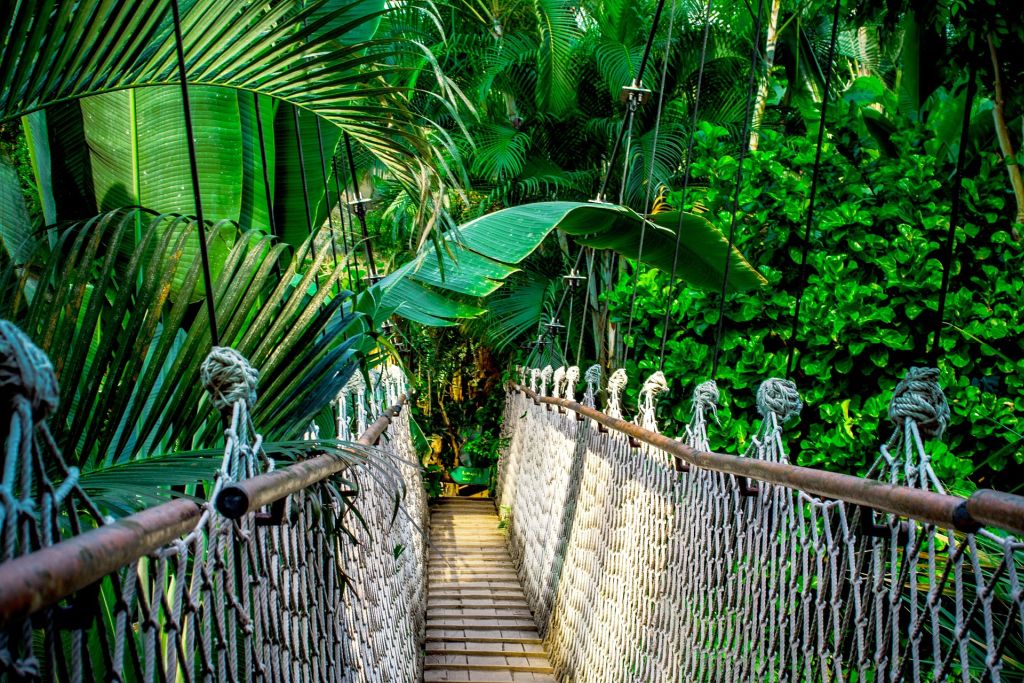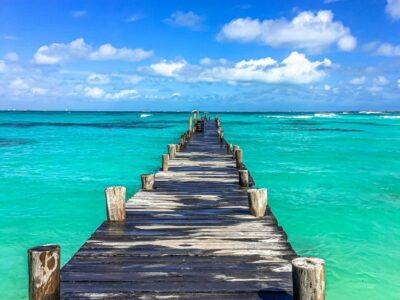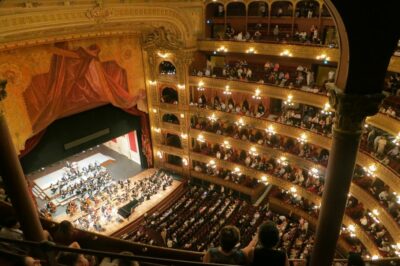The German Chancellor visits South America – the timing could not be better
The Chancellor meets the presidents of Argentina, Chile and Brazil during his lightning visit. All governments are currently welcoming political support from Europe. These are good conditions to talk about reviving the EU-Mercosur agreement and the supply of raw materials and green energy.
by Alexander Busch, Latin America correspondent for Handelsblatt and Neue Zürcher Zeitung
Rarely before is a German chancellor likely to be received with as much goodwill and attention in South America as he is these days – even though Olaf Scholz will spend less than a day each in Buenos Aires, Santiago and Brasília.
All these governments are currently under great pressure:
In Argentina, the economy and politics are in a severe crisis. Inflation is almost 100 percent, the foreign exchange coffers are empty and the economy is threatening to stagnate again. The government is at a loss as to how to drive the country out of the crisis. Without help from the IMF, the country would be insolvent.
For President Alberto Fernández, the chancellor’s visit is above all an important political boost to show that Argentina is not isolated. Elections are in October, so any positive news is a plus for Fernández.
As a negotiating partner, Argentina is difficult: Within Mercosur, Argentina is the biggest brakeman, wanting protected markets for its industry and renegotiating the agreement.
In Chile, President Boric’s popularity rating is in the basement: two-thirds of Chileans disapprove of his government. Inflation is at an all-time high of nearly 13 percent, and the central bank is putting the brakes on. The economy will stagnate this year.
Politically, Boric’s government may be the closest to the red-green-yellow coalition in Berlin in South America. In addition, the government is interested in a close partnership with Germany in raw materials and renewable energies and is much more advanced and reliable in this area than Argentina or Brazil.
Brasília is the chancellor’s most important stop. Lula is about to return Brazil to the stage of world politics. Shortly after Scholz, he will meet Presidents Joe Biden in the United States and Xi Jinping in China. After narrowly winning the election, taking office and rioting in Brasília, Lula has gained political strength. The business community remains skeptical of him.
The Brazilian president is also interested in a quick conclusion of the EU-Mercosur agreement and is trying to close ranks between the four member states in South America to achieve this. With a convincing environmental and human rights agenda, he will help Scholz reduce resistance to an agreement with Mercosur in Europe as well.
Lula currently seems to want to revive his former foreign policy: In doing so, he sees Brazil in the role of mediator and spokesman for the global South. Whether this ambition still fits into the era of increasing geopolitical tensions and disputes remains to be seen.
However, this means that Europe is only one and certainly not Brazil’s most important foreign policy partner – the United States and China clearly have priority for the pragmatist Lula. The reverse is also true: China is currently highly active in reviving its investments and political channels to Brazil and South America after the pandemic break. On the part of the U.S., too, the Lula government is receiving a level of attention that Washington has not shown toward Brazil in decades.
The chancellor’s visit is also so important because Berlin has left the continent on the sidelines for almost a decade. For German business, Scholz’s trip is therefore a special opportunity to get its foot in the closing door in South America after all.






